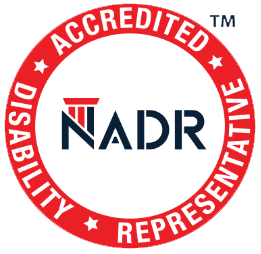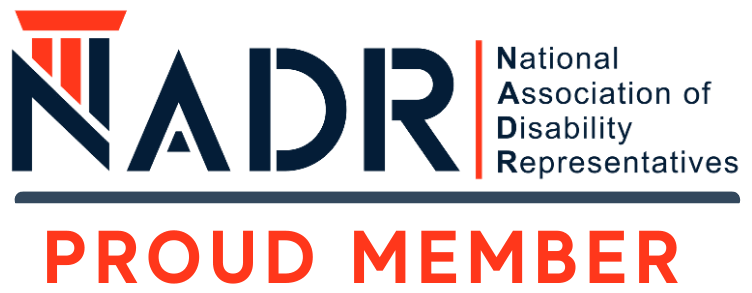What Are Non-Medical SSDI Requirements?
It’s true that not everyone with a disability qualifies for Social Security Disability Insurance (SSDI) benefits. To qualify for SSDI benefits, you must meet both the medical and non-medical criteria outlined by the Social Security Administration (SSA). Read on to learn about the non-medical SSDI requirements and how to meet them.
Work History and Eligibility
You’ve just finished a week on the job. On Friday, you receive your paycheck. If you’re like most U.S. workers, you’ll notice that your take-home pay is less than your gross pay. Why is there a difference? Almost all employed U.S. workers’ paychecks contain payroll deductions. In other words, a portion of their earnings is withheld each period. This money goes to a handful of things. Some may go to group health insurance. Some may pay union dues. And, almost always, a fraction will go to FICA taxes.
The Federal Insurance Contributions Act (FICA) is a mandatory payroll deduction. Therefore, as a U.S. worker, money is taken out of your paycheck to support federal programs. More specifically, these withholdings are used to fund Social Security and Medicare. As a result, when you pay FICA taxes, you are paying into SSDI. However, in order to reap the benefits of SSDI, you must have paid enough into the program while you were working.
How Do I Know If I’m Eligible Based on My Work History?
In order to meet the non-medical SSDI requirements, you must have worked enough and recently enough. Here’s how it breaks down.
- The SSA determines the amount you work in credits, which don’t ever expire. In 2018, for example, you would have earned one credit for every $1,320 you earned. The maximum number of credits you can earn this year is four.
- To qualify for SSDI, most people need 20 credits that were earned in the last 10 years. Still, younger workers may meet the requirement with much fewer credits. For instance, if you become disabled before 24 years of age, you may qualify for SSDI benefits with just six credits.
- Because the earnings needed for a work credit change each year, make sure to consult the SSA website for the latest information. You can also see how many credits you need to meet the non-medical SSDI requirements. This is based on your age and work history.
The Social Security disability process can be hard to navigate. Don’t go at it alone – turn to Disability Support Services. Our compassionate, experienced case managers will work with you to get you the benefits you deserve. Contact us at 410-244-0006 today to see if you meet both medical and non-medical SSDI requirements.




